|
The Natural and History Museum of Bendery - one of the oldest museums in the region - opened in 1914. The idea for the creation of the museum and its founder was Baron A.F. Stewart, the head of the provincial authorities. For a long time the museum had a natural history focus. Then, in the early 1960s, the museum's history department opened.
Today The Natural and History Museum of Bendery has a rich collection of nature and history. It has branches with separate exhibitions: the Museum of Fighting Glory of a City, a Museum of Glory of Railwaymen, a Memorial Museum of the Bendery Tragedy, and the Museum of Fighting Glory of Village �hit�ani.
Items in the museum are held in 60,000 units of storage. These are the largest (Ilya-there needs to be a reference here as to the largest of what-is it the largest in the country or in the region or in Europe?)collections on zoology, botany, entomology, palaeontology, ethnography, numismatics, photos and the documents reflecting a centuries-old city history and its surrounding natural environment. There are many unique items including:
Antique amphoras of the 4th century B.C.
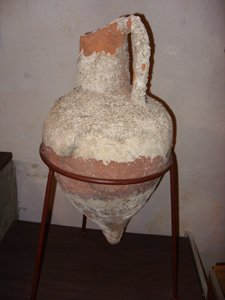
|
Antique amphoras of the 4th century B.C.
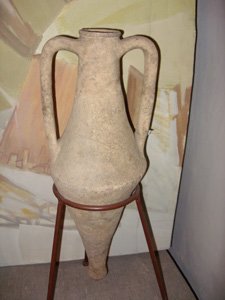
|
The Gets Bowl IV - 2nd century B.C.
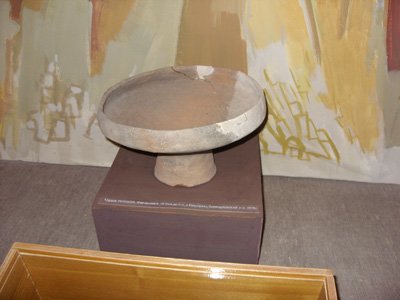
|
Original ancient hand-written books
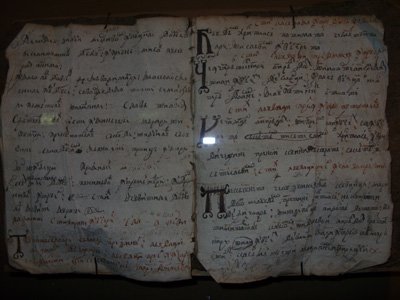
|
Copperware of an epoch of the Middle Ages
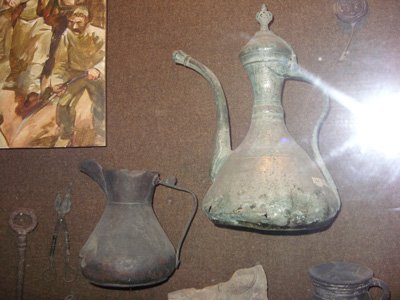
|
Instruments of labour and life subjects
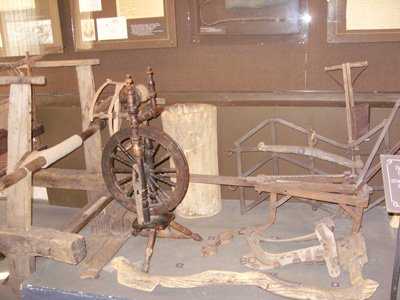
|
A medieval oak-made boat from the 15th century found on the bank of the Dniester River near the city of Bendery
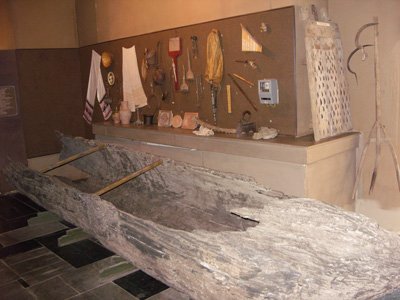
|
Fragment of a marble slab from the main gate of the Bendery fortress of the 15th century.
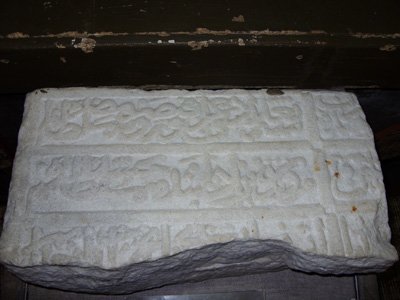
|
As a whole, the museum has the classical characteristics of a museum where a complex assortment of items are collected.
The museum's consists of 13 halls with the following sections: natural, urban, and border ecology; archaeological excavations in the city; Bendery during the Middle Ages epoch; development of capitalism and its origin in the revolutionary liberation movement; history of Bendery during the Romanian intermilitary period; the Second World War and clearing the city of Nazi aggressors; restoration and development of the city during the post-war period; the city's contemporary history.
|







